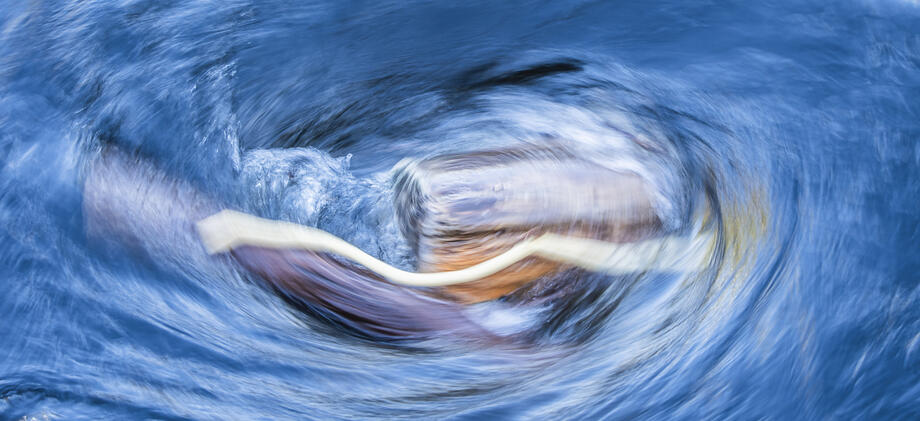Environmental measures

Skagerak Kraft is committed to the responsible and sustainable management of natural resources. The goal is for the necessary interventions in nature to be conducted as carefully as possible with the best possible adaptations to local conditions.
Sustainable water management
Rivers and watercourses are important as landscape elements and as ecosystems. Waterways have a significant function during both droughts and floods, as well as a multi-use value for the population in the form of recreation and transport, in addition to serving as water supply to households, industry and agriculture. When developing and operating hydropower plants, many interests must therefore be taken into account.
The construction, operation and maintenance of hydropower plants affect the natural environment. The effects are mainly local and related to physical interventions in nature and an impact on biodiversity through changes in water flow and water temperature.

Regulating watercourses also has positive environmental effects beyond the production of clean, renewable energy. During periods of floods, our regulatable hydropower can help reduce the amount of water in rivers and watercourses and thereby prevent or mitigate floods and subsequent damage to the environment and to property.
Environmental measures in our watercourses
For several years, Skagerak Kraft has been implementing measures to improve the environmental conditions in and around our regulated watercourses. We do this to ensure compliance with licensing conditions and to continuously improve our environmental performance. Examples of environmental measures include environmentally friendly operations of our power stations, providing suitable substrates for spawning and young fish, actively increasing fish stocks, facilitating conditions for fish to migrate up and down rivers, and improving thresholds and revegetation.
Skagerak Kraft logs and continuously monitors minimum water flow and reservoir restrictions to protect freshwater life. We also have self-imposed restrictions in certain watercourses that are stricter than licence requirements. This contributes to better habitats for fish upstream and downstream of our power plants.
When developing new power plants, renovating dams and other physical measures, we are focused on ensuring that interventions in nature are as gentle as possible, with the use of knowledge-based techniques that represent best practice. We conduct thorough studies in advance of development projects, where we examine the effects of the project on the natural environment and other societal interests, while considering various alternatives.